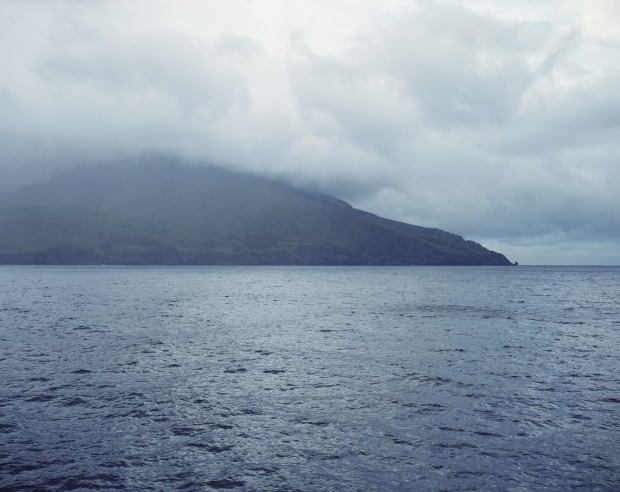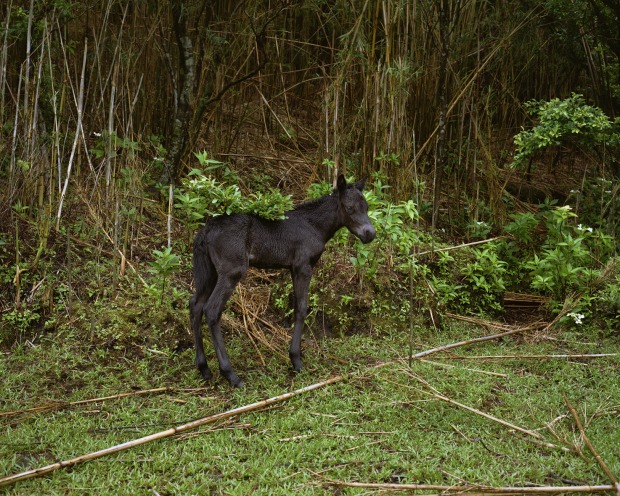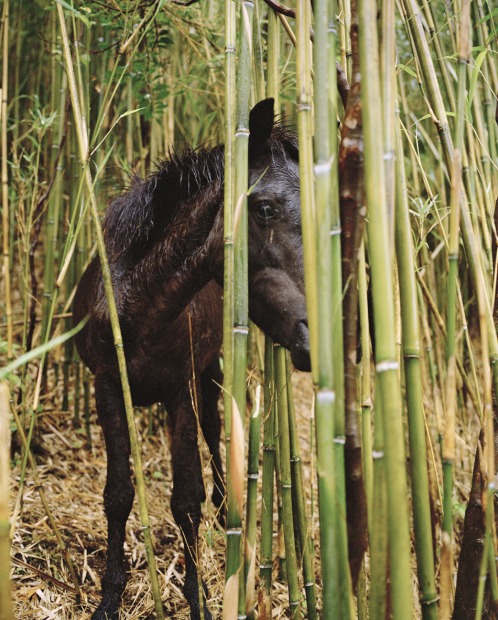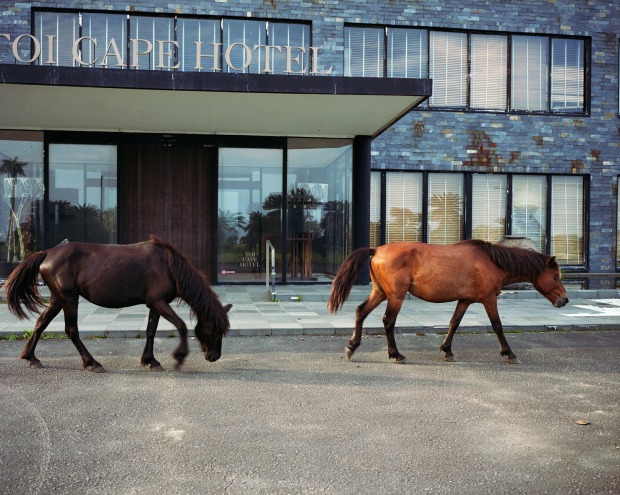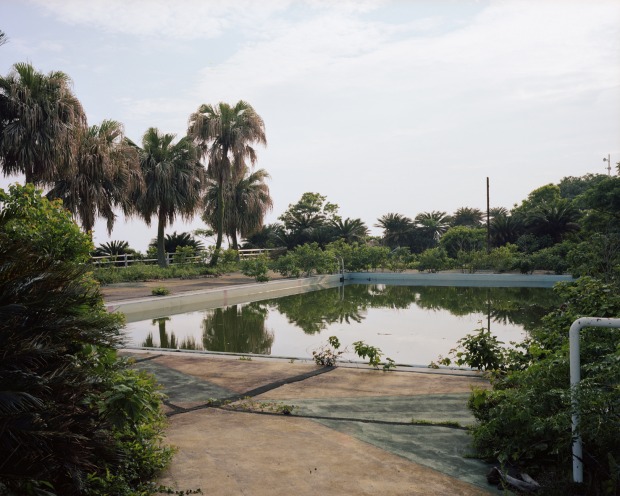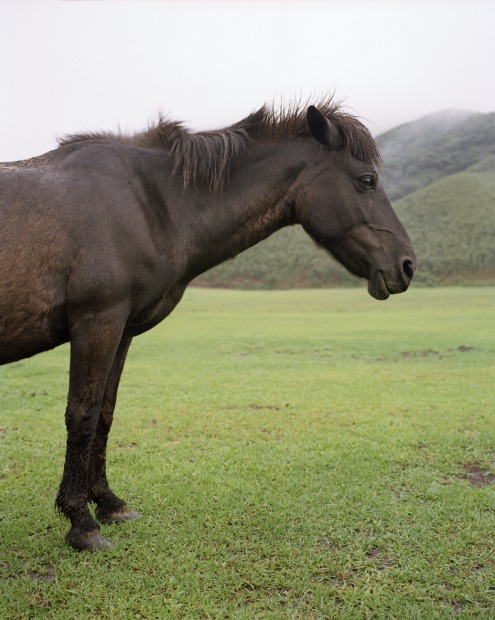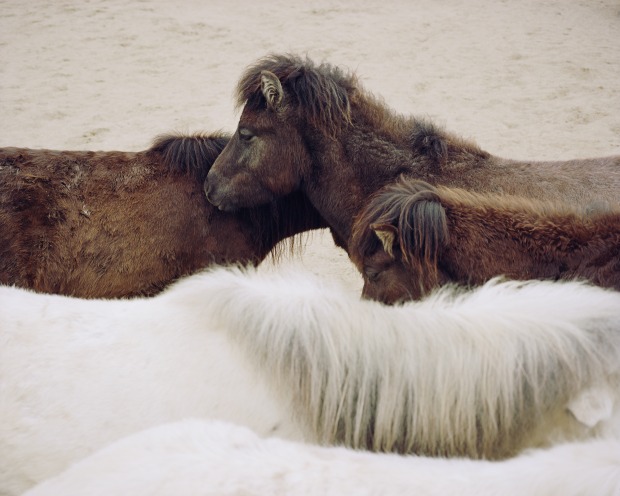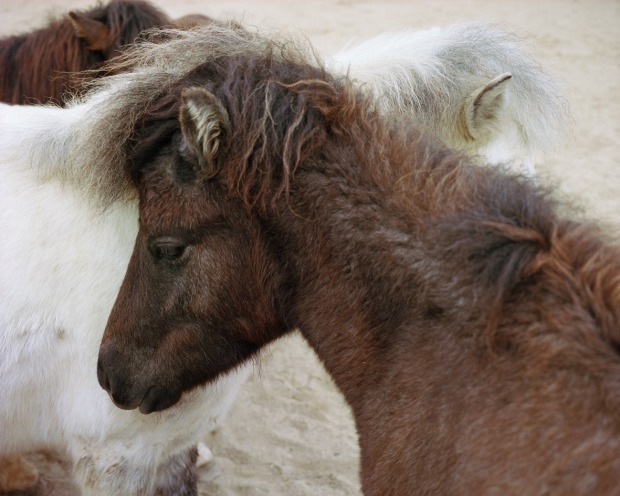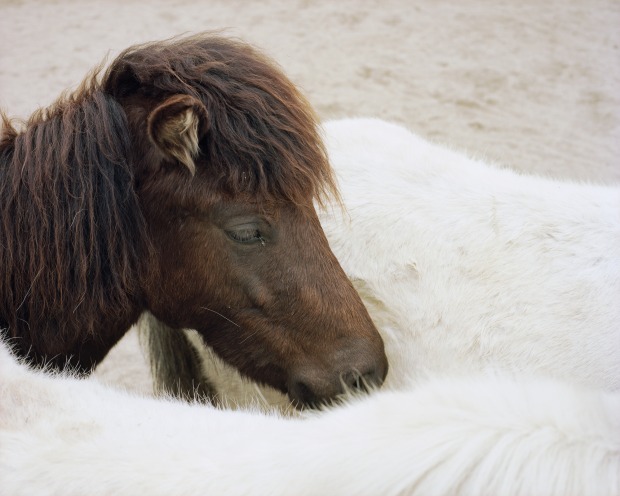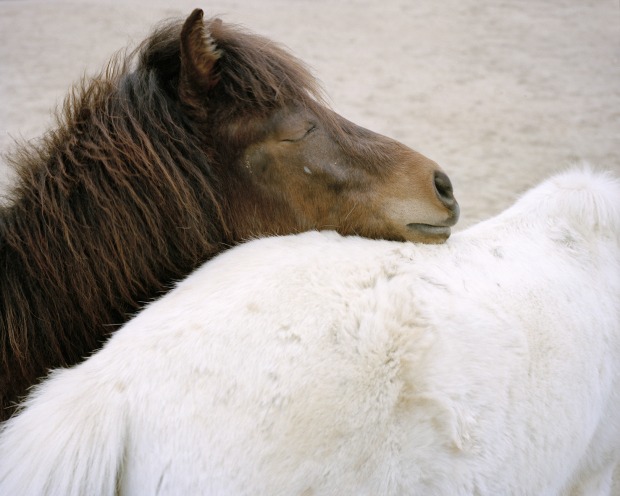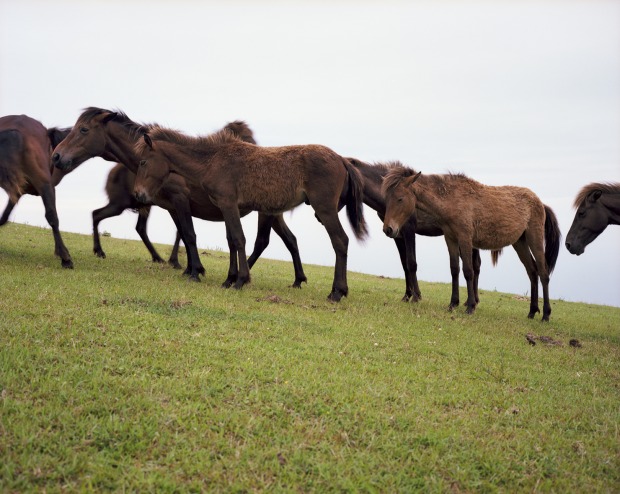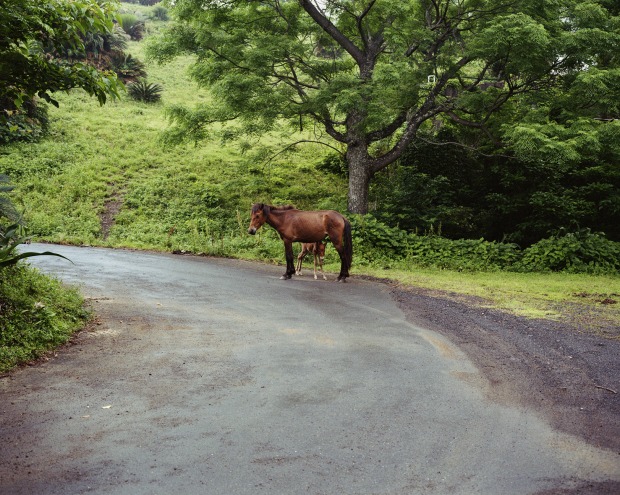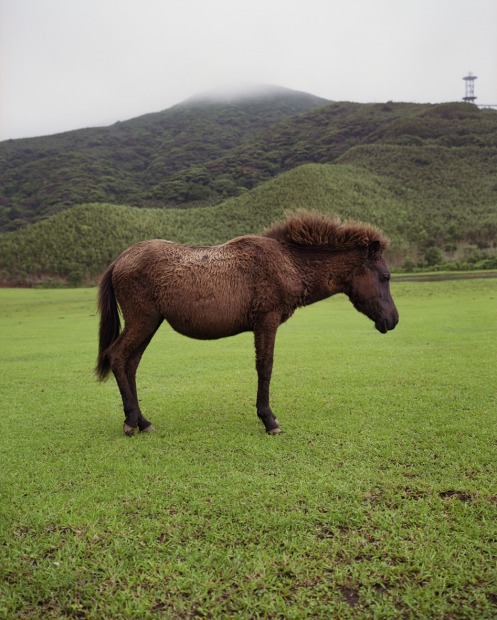 eyckgalleryartistsexhibitionsnewspublications
eyckgalleryartistsexhibitionsnewspublications
I must have been around seven when I first rode a horse. A farmer close to where I grew up in the southwest of Holland kept a motley stable, with a big bony farm horse, some scrawny ponies, and a black Friesian. A teenage girl who cared for the horses taught us how to ride in an improvised paddock behind the barn. I loved that experience. Later, I signed up for lessons at a real riding school. There I met one pony I got along with fine, but the strict instructors made us ride a different pony every week, and I disliked all the other ponies (as they probably all disliked us), as well as the other girls in the class. When “my” horse was put down due to a chronic medical condition, my riding career came to an end.
Around that time, however, I saw Picasso’s drawings and ceramics of toreadors on horseback. These made a deep impression on me and I spent a summer drawing horses and bulls. When I was a bit older I discovered Delacroix. Horses were one of his favourite subjects, and I remember especially vividly going with my father to an exhibition in Paris that featured Delacroix’s work in Morocco, with lots of watercolours of horses. He is still one of my great inspirations.
I think animals as autonomous beings are making a comeback in the arts. It is part of the general crisis around the loss of species. I find it ironic that something so precious has to become scarce to be considered with different eyes again. But it’s not just the appearance and presence of these animals that we miss, it’s the steadying influence of the relations we used to have with them. I strongly believe that the connection we can have with animals is of great importance to our understanding of the world around us. Just as we can’t thrive without human interaction, we are also dependent on our relationships with other sentient beings.
It is our loss that we rarely allow those relationships to develop outside of the feelings we have for our domestic pets. On the one hand, we put animals on a pedestal, we treasure and protect them; on the other, they are merely food, produced by practices that are completely hidden from view and from our consciences. The notion that man and animal can actually bear the same fate or face situations together is lost to daily life in modern societies. I often think of Red Cavalry, Isaac Babel’s stories about endurance on horseback in the Polish-Soviet War. His descriptions of the gruesomeness of life on the front speak volumes about the mutual suffering of both men and horses alike. It’s a great comfort for these soldiers to have their animal counterparts by their sides.
We derive strength from our working partnerships with animals because they are not plagued by the existential and irrational fears we experience on a daily basis. We envy them for their ability to live in the present, feeling fear only when necessary. Being close to them keeps us in touch with our own instincts, and this is reassuring given that we tend to rationalise even our emotions. This is why, in my work, I’m drawn to subjects like horses and dogs, animals that we used to depend on a great deal. Horses especially, since they are perhaps more our equals. We tend to have a natural deference to horses, as opposed to dogs with their more submissive natures.
For one of my projects I photographed the rescue dogs that were deployed in New York after 9/11 to help search for survivors. I observed that they were not regarded as normal dogs and their social value far exceeded their practical contributions. They comforted not only the rescue workers in the midst of destruction, but also the public confronted with the events of that day. They radiated something positive and resilient. The same can be said for the funerary horses of Arlington National Cemetery that I later photographed. Their heavy task of bringing soldiers to their final resting place is also embraced with respect.
On the Arlington project, I met one horse that had been a logging horse in Pennsylvania prior to his
job as a caisson horse for the US Army. I thought this was a rich career for a horse and after my trips to photograph the wild horses that roam the fringes of the cities in the Nevada desert I was still thinking about this horse with the two careers. So I decided to see if I could find horses that do this work in the woods and I ended up in the UK with a horse logger who turned out to be quite famous. His name was Doug Joiner, and he invited me to come along during one of his training courses. When Doug told me he was about to head to Japan for three weeks to teach a course in horse logging in Hokkaido, I was intrigued.
Through Doug I got in touch with C W Nicol, who maintains a nature preserve, the Afan Woodland Trust, in Nagano, on the Japanese island of Honshu. where the Kiso horse, native to the Kiso Valley, is employed in logging. Of the eight indigenous Japanese horse breeds, seven are endangered, and there are only about 160 remaining Kiso horses. Thanks to Nicol, I found myself in Kisofukushima, high in the central mountain range, where Takeru Kanagawa runs the only farm preserving them.
From there, I started researching the other indigenous breeds, each with its own particular characteristics and history and each identified with a different locale in Japan, and gradually a photographic project – a journey to Japanese horses in their homelands – began to take shape in my mind.
After meeting the Kiso horses, which are the largest of the eight breeds, I was mesmerised when I encountered Yonaguni horses, with their tiny frames and their ancient and almost mythical features. They are “stuck” on Yonaguni Island, a tiny Japanese island only 100 kilometres from Taiwan, where they were brought by boat some centuries ago, and their bloodlines are pure. It was early morning, and I was impressed by the way they stood erect and resilient in the aftermath of a great storm that blew over the island the first night of our arrival.
I like being able to come close to animals, to study them for the mysterious “other” they are to me, and I enjoy having to rely on my own instincts and intuition to be able to achieve this. Of course, they are always aware of my presence. Since I mostly try to make portraits, a mutual acknowledgement is necessary. The distance between me and my subject is literally what defines the intimacy of each portrait. Everyone has their own parameters that define a comfortable distance of approach, and with animals you can’t easily override them.
Observing the horses, I find that rest makes up a great part of their days and nights. They snooze a lot when they are not grazing. They like to stand still at given times in the day. They might keep the same positions for up to an hour. I have the impression that they’re reflecting or maybe communicating with each other. It’s a magical moment, when I feel accepted as part of their circle. It might be what ultimately I am drawn to the most, and what I am seeking to capture in my videos.
The semi-wild horses in Yonaguni and Miyazaki reminded me a lot of the wild horses in Nevada. They are looking after themselves and have an air of independence. Visiting all the breeds in their ancestral environments was a kind of pilgrimage, a geographical journey that, through their lives, reveals aspects of Japan’s landscape.
But I’m not sure these horses will have a real future. In most situations they are fulfilling the role of a living monument. Not to trivialise them, but they will never be used again as they were in the past. However, some of the breeds play an important role within Japanese culture. The Kiso had a turbulent past as cavalry horses. The Dosanko horses in Hokkaido are the most numerous, with a population of around 2000. They are not endangered, and they might eventually become Japan’s national horse, like the Friesian horse in the Netherlands or the Camargue horse in France.
Fortunately there are always people who will take an interest in a species that is in danger of disappearing. Likewise with endangered skills: an old horse handler in Hokkaido demonstrated how logs are tied on to the backs of Dosanko horses. This technique became necessary when an ancient law prohibited the use of wagons. It only takes one person to learn this skill to teach another. It’s a hopeful reminder to me that small actions can have great consequences.
 eyck
eyck
